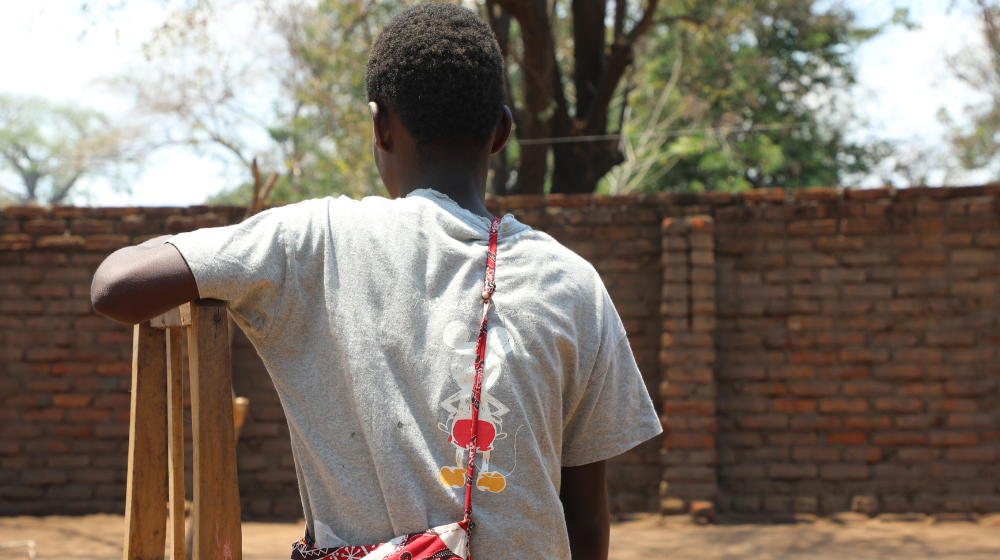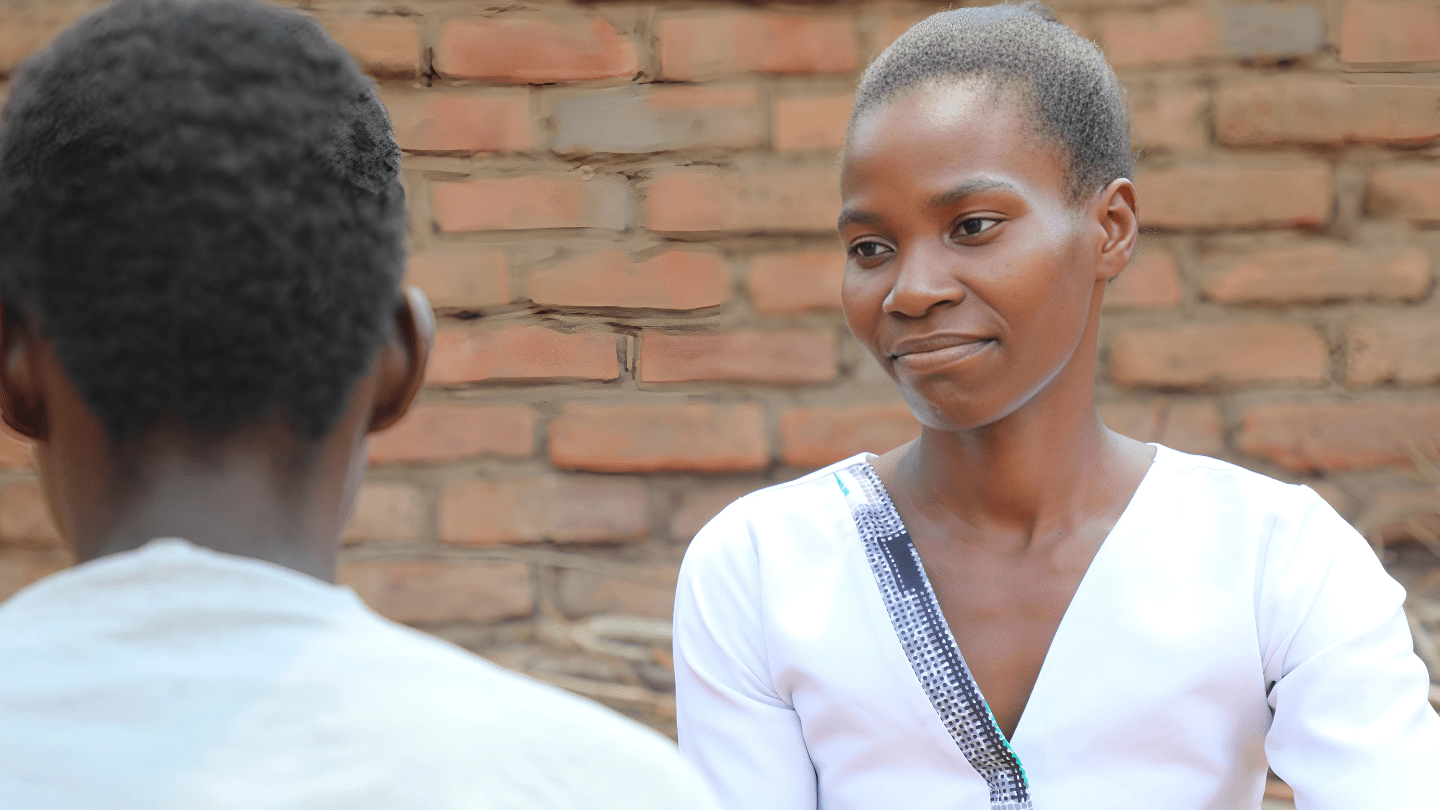Mangochi, Malawi – "I will never forgive my father for what he did to me," says 12-year-old Fatima*, her voice trembling with emotion. "He was so cruel to me."
Fatima’s anger toward her father is understandable. At just 11 years old, her father started to sexually abuse her.
“My mother would leave my father to care of me as she went to look for piece work to help the family. That’s when he started abusing me,” she recalls.
For over a year, Fatima endured this harrowing ordeal in silence. With no one to confide in, she lived in fear. Her father threatened her with unspecified action if she dared to speak out.
Even though I was suffering, I was too afraid to speak out. I feared he would hurt me if I told anyone, so I remained silent.
In early 2024, faced with mounting hardships in the city, Fatima’s family relocated to their home village in Mangochi. But even there, the abuse persisted.
"He still took advantage of my mother’s absence to abuse me," Fatima says. "But in the village, the abuse became less frequent. With visitors often stopping by, I found moments to escape whenever he was distracted."
A month after moving to the village, Fatima discovered she was pregnant—carrying her own father’s child. The revelation shattered the very promise he had made to her: that she was too young to conceive.

"I was devastated," she says. "Fear kept me from telling my mother—I worried she would blame me. But as my body began to change, I knew it was only a matter of time before others would notice."
Shattered and feeling lonely, Fatima longed for comfort and support. When she learned about a safe space for girls in her village—an initiative supported by UNFPA under the Joint Programme on Girls’ Education (JPGE), funded by the Government of Norway—she didn’t hesitate to join. She knew this was her chance to find solace.
Joining the safe space turned out to be the best decision Fatima ever made. There, she gained vital knowledge about different forms of abuse and, most importantly, where to seek help when faced with them.
"The sessions gave me the courage to finally speak up," Fatima explains. "The only person I trusted was the safe space mentor. When I confided in her, she listened with empathy and without judgment."
The following morning, the mentor took Fatima to the clinic for a pregnancy test. The results confirmed what she had feared—she was four months pregnant.
"I had dealt with abuse cases before, but this one truly shook me," says Irene Gwaza, Fatima’s safe space mentor. "I knew I had to act quickly. Her father was growing suspicious, and I feared he might flee. So, I immediately alerted the community police to apprehend him while we reported the case to law enforcement."

Fatima’s father was eventually arrested. When confronted, he admitted to abusing his daughter but attempted to defend himself by claiming he had mistaken her for his wife. The courts dismissed his excuse, sentencing him to 14 years in prison.
Earlier this year, Fatima gave birth, but sadly, her child passed away just four weeks later. Despite the hardship, she is determined to leave the past behind her. With support from the Joint Programme on Girls’ Education, she has returned to school, while the mother group and safe space continue to provide her with much-needed psychosocial support.
Although Fatima is determined to move forward, her family's struggles have only deepened. With her father—their sole breadwinner—now in prison, survival has become even more difficult.
"It’s a painful paradox," says Irene. "Fatima is finally safe, but her family is struggling without a provider. Fortunately, the mother group has stepped in, offering essential support, from soap to school supplies, to help her stay on track."
Fatima is unshaken by the whispers in her village, and she remains focused on her education.
"People talk about what happened to me, but I’ve decided to ignore it," she says. "I’m fortunate to have the support of my friends at the safe space and the mother group. Their encouragement is helping me heal and move on."
Last school term, Fatima was position six in class. This term, she’s determined to do even better.
"I want to pass and make it to secondary school," she says. "My dream is to become a police officer—to protect girls like me who suffer in silence, afraid to speak out against those who should be protecting them."
Joseph Scott, Communications Specialist


